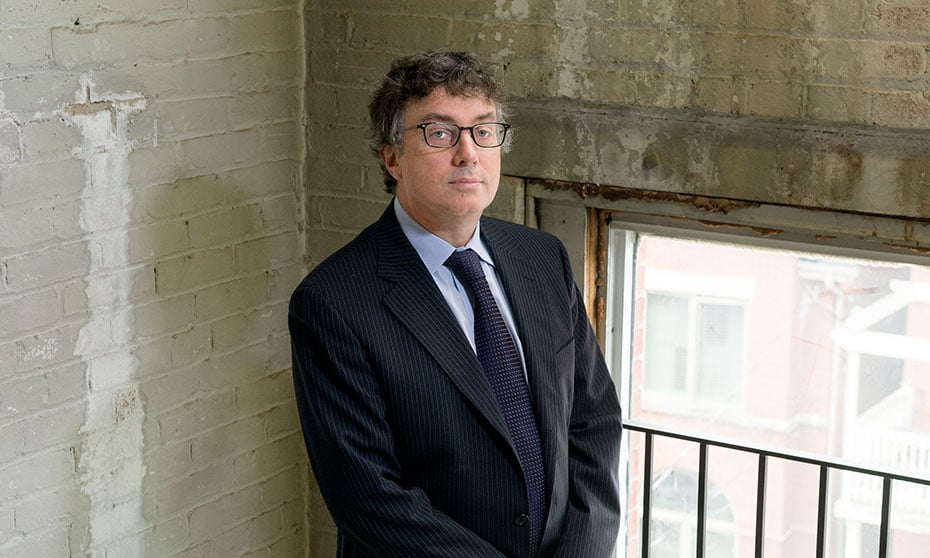
Controversial changes to jury selection by federal Bill C-75 deemed constitutional and retrospective, departing from other jurisprudence

The right to a fair trial is not breached by the elimination of peremptory challenges of jurors and letting judges handle challenges for cause, an Ontario Superior Court of Justice judge said, ruling that the changes should be applied to jury picks beginning Sept. 19.
The decision, which will likely be appealed, affirms the constitutionality of a legal change that took away an avenue for lawyers to challenge potential jurors that their client perceived to be partial.
The Sept. 24 decision, R. v. Chouhan, 2019 ONSC 5512, departs from jurisprudence in other provinces, with the potential to cause confusion in the bar, says Dirk Derstine, who acted on the case.
“All parties who pick juries are generally in accordance with the idea that the previous system was a better system. This litigation will create a substantial amount of confusion,” he says. “Until the Court of Appeal comes down with a judgment on this, which likely to be a year or so down the road — a bunch of juries will be picked with peremptory challenges and bunch of juries will be picked without peremptory challenges, based on what was said. One of those decisions will be upheld eventually. The people who had their juries picked the wrong way are all going to have appeals.”
The decision explored the constitutionality of Bill C-75, which introduced sweeping criminal law reforms, including the elimination of peremptory challenges and the elimination of lay triers in challenges for cause.
Justice John McMahon wrote in his decision that the difference between some of the old and new jury rules was procedural, “not a substantive right that stands on its own.” He concluded that Bill C-75 does not violate key sections of the Canadian Charter of Rights and Freedoms.
McMahon also ruled that the Bill C-75 amendments apply retrospectively. Derstine says two cases in other provinces found the law did not apply retrospectively.
“Is the legislation intended to start with cases coming into the system on the day of implementation, or jury picks that come up to the court on that day? The issue of retrospectivity and prospectivity has been dealt with, to my knowledge by two other courts,” says Derstine. “Both of them coming to a different conclusion than Justice McMahon . . . . this doesn’t come up until people are arrested as of the date of implementation, not when people come up for their jury trial. So the net effect of this won’t come into play until about a year and a half from now.”
The accused — Pardeep Singh Chouhan — was scheduled to select a jury for a first-degree murder trial on Sept. 19, the day the Bill C-75 amendments came into force. Chouhan alleged that the Bill C-75 amendments violated ss. 11(d), 11 (f) and 7 of the Charter, and asked for a repeal of s. 634 of the Criminal Code.
Section 11 of the Charter protects the right to be “presumed innocent until proven guilty . . . . in a fair and public hearing by an independent and impartial tribunal,” and s. 7 protects the right not to be deprived of life, liberty and security “in accordance with the principles of fundamental justice.”
Experienced criminal lawyers Liam O’Connor and David Bayliss said in affidavits that they used the peremptory challenge process to allow their client to select jurors from a similar racial or cultural background and challenge proposed jurors who appear to give clients “a look of disgust or disdain.”
“Other times, I have rejected prospective jury members who my client may feel are representative of their background as a result of my personal knowledge of the facts and circumstances of a particular case. Without a full knowledge of the facts and circumstances of a case, the presiding judge would not be able to make the same choice as I or my client,” O’Connor’s affidavit said.
Even if the reason to challenge the juror is subjective — such as the demeanour of the juror — the changes in Bill C-75 mean the accused may believe justice has not been served by a jury they deem biased, Toronto lawyers Derstine and Tania Bariteau of Derstine Penman Criminal Lawyers argued on behalf of Chouhan.
But McMahon’s decision said that the ability to exclude a potential juror based on their appearance, “look,” or a person’s gut feeling “is not transparent.”
“The elimination of the peremptory challenge does make the justice system more transparent, but without removing either parties’ ability to set aside potential jurors for articulable reasons,” McMahon wrote. “The representativeness of the panel, the randomness of its selection and the ability for either party to challenge the process provide sufficient safeguards.”
Derstine says that boiling the issue down to “gut feelings” casts the issue as less meaningful than it actually is.
“Sometimes you’ve been enough people who discriminate against you based on your gender or your ethnicity or whatever, but it’s kind of hard to put that into words. Someone might say, ‘Oh, it’s just a feeling, it doesn’t make any difference.’ And you can say, ‘Listen, I’ve been around this for a long time, I know when someone is looking down on me,’” he says. “If you wanted to go off and explain it to some old white man, you may not be able to do it absolutely coherently, even though it’s really correct and something you very much believe in. It’s through that sort of lens we say that the belief of the accused should be measured.”